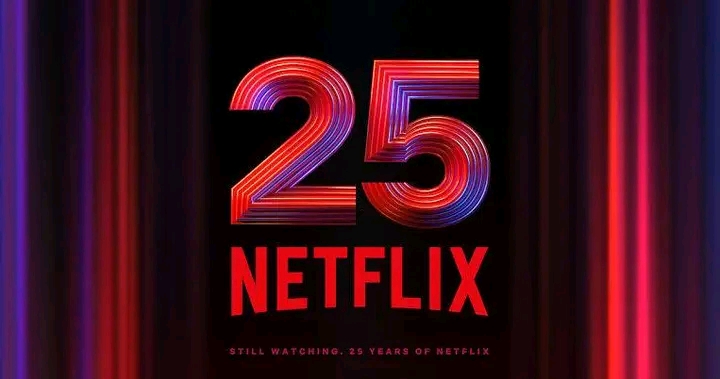
In a commemorative feature for Uncut Magazine’s April 2025 issue, surviving Led Zeppelin members—Robert Plant, Jimmy Page, and John Paul Jones—reflect on the creation of their seminal double album, Physical Graffiti, marking its 50th anniversary. The trio offers an in-depth look into the album’s development, their collaborative dynamics, and the enduring impact of their work.
Recorded primarily in early 1974 at Headley Grange, a remote English country house, Physical Graffiti emerged from an environment conducive to creativity and experimentation. The informal setting allowed the band to improvise and refine their sound organically. Jimmy Page, the band’s guitarist and producer, recalls the sessions as a period of intense artistic synergy, stating, “The atmosphere at Headley Grange was electric. We were pushing boundaries, exploring new musical territories, and the results were beyond our expectations.”
The album’s eclecticism is a testament to the band’s versatility, encompassing hard rock anthems like “Custard Pie,” the orchestral grandeur of “Kashmir,” and the acoustic elegance of “Bron-Yr-Aur.” Reflecting on this diversity, vocalist Robert Plant notes, “We never wanted to be confined to a single genre. Physical Graffiti was our canvas to paint with a broad palette of sounds and influences.”
Bassist and keyboardist John Paul Jones offers insight into the band’s internal dynamics during the recording process. He emphasizes the unique chemistry among the members, stating, “I was never a great fan of other bands. I didn’t really go to concerts. I didn’t listen to other bands. I wasn’t interested because I wasn’t in them. I was a fan of Led Zeppelin, because I was in it.”
The decision to expand Physical Graffiti into a double album was driven by the wealth of material the band had accumulated. In addition to the eight new tracks recorded at Headley Grange, they revisited unreleased songs from previous sessions, creating a comprehensive collection that spanned their musical evolution. Page explains, “We had a surplus of quality material that didn’t fit into our earlier albums. Compiling them into Physical Graffiti allowed us to showcase our journey and growth as a band.”
Upon its release on February 24, 1975, Physical Graffiti received critical acclaim and commercial success, debuting at number one on the UK charts and number three in the US. Its enduring legacy is evident, with the album being certified 16× platinum in the United States by 2006.
Reflecting on the album’s impact five decades later, Plant remarks, “It’s humbling to see how Physical Graffiti continues to resonate with listeners. It was a defining moment for us, capturing the essence of what Led Zeppelin was all about.”
Surviving members of Led Zeppelin set for new Uncut Magazine April 2025…
Uncut Magazine’s April 2025 issue, featuring this exclusive cover story, will be available in stores on February 28. Fans can also order the magazine online to delve deeper into the band’s reflections and the making of this iconic album.
Be the first to comment